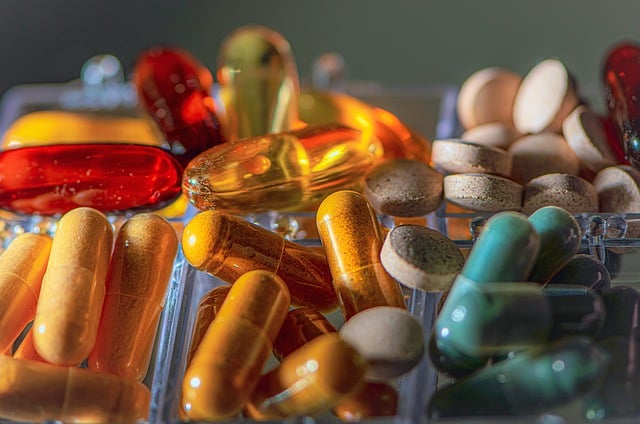The Role of Nutrition in Managing Anxiety Disorders
When it comes to managing anxiety symptoms, many people overlook the impact that their diet can have. What we eat plays a crucial role in our overall well-being, including mental health. Research has shown that certain foods can either exacerbate anxiety symptoms or help alleviate them. For individuals struggling with anxiety, paying attention to their diet may offer a natural way to improve their symptoms without relying solely on medication.
One key factor to consider is the relationship between gut health and mental health. The gut is often referred to as the “second brain” due to its significant influence on our emotional state. Consuming a diet high in processed foods, sugar, and artificial ingredients can disrupt the balance of gut bacteria, potentially leading to increased feelings of anxiety. On the other hand, incorporating whole foods rich in nutrients like fruits, vegetables, and whole grains can support a healthy gut microbiome and contribute to better mental well-being.
Understanding the Connection Between Nutrition and Mental Health
When it comes to mental health, the role of nutrition should not be overlooked. Research has shown a strong connection between what we eat and how we feel emotionally and mentally. Certain nutrients have been linked to mood regulation and the overall functioning of the brain. By understanding the impact of our diets on mental health, we can make more informed choices that can potentially improve our well-being.
Studies have indicated that deficiencies in certain vitamins and minerals, such as omega-3 fatty acids, B vitamins, zinc, and magnesium, may contribute to the development or exacerbation of mental health disorders like anxiety and depression. On the other hand, a diet rich in fruits, vegetables, whole grains, and lean proteins has been associated with better mental health outcomes. By focusing on a balanced and nutrient-dense diet, individuals may be able to support their mental health and reduce the risk of experiencing symptoms of anxiety and other mental health conditions.
Foods to Avoid for Anxiety Management
Highly processed foods high in refined sugars and unhealthy fats can exacerbate anxiety symptoms. These foods, such as sugary beverages, pastries, and fried snacks, can lead to spikes and crashes in blood sugar levels, affecting mood stability and increasing feelings of anxiousness. It is advisable to limit the consumption of these items to help manage anxiety effectively.
Caffeine and alcohol are substances that can trigger or worsen anxiety in some individuals. While caffeine can increase heart rate and feelings of restlessness, alcohol is a depressant that may temporarily alleviate anxiety but worsen symptoms in the long run. Monitoring and reducing the intake of caffeinated beverages like coffee, tea, and energy drinks, as well as alcoholic beverages, may play a role in alleviating anxiety levels.
– Highly processed foods high in refined sugars and unhealthy fats can exacerbate anxiety symptoms
– Sugary beverages, pastries, and fried snacks can lead to spikes and crashes in blood sugar levels
– Limiting the consumption of these items can help manage anxiety effectively
– Caffeine and alcohol are substances that can trigger or worsen anxiety
– Caffeine increases heart rate and feelings of restlessness
– Alcohol is a depressant that may temporarily alleviate anxiety but worsen symptoms in the long run
– Monitoring and reducing intake of caffeinated beverages like coffee, tea, energy drinks, as well as alcoholic beverages may help alleviate anxiety levels.
Can certain foods worsen anxiety symptoms?
Yes, certain foods can worsen anxiety symptoms. It’s important to be mindful of what you eat as it can have an impact on your mental health.
How does diet affect anxiety?
Diet can affect anxiety by influencing neurotransmitter levels in the brain, which can impact mood and anxiety levels. Eating a balanced diet can help support mental health.
Are there specific foods to avoid for anxiety management?
Yes, there are some foods that are known to worsen anxiety symptoms. These include processed foods, caffeine, alcohol, and high-sugar foods.
Why should I avoid caffeine for anxiety management?
Caffeine is a stimulant that can increase feelings of anxiety and nervousness. It can also disrupt sleep patterns, which can further exacerbate anxiety symptoms.
How can I improve my diet to help manage anxiety?
To help manage anxiety, focus on eating a balanced diet rich in fruits, vegetables, whole grains, lean proteins, and healthy fats. Avoiding processed foods and limiting caffeine and alcohol intake can also be beneficial.







